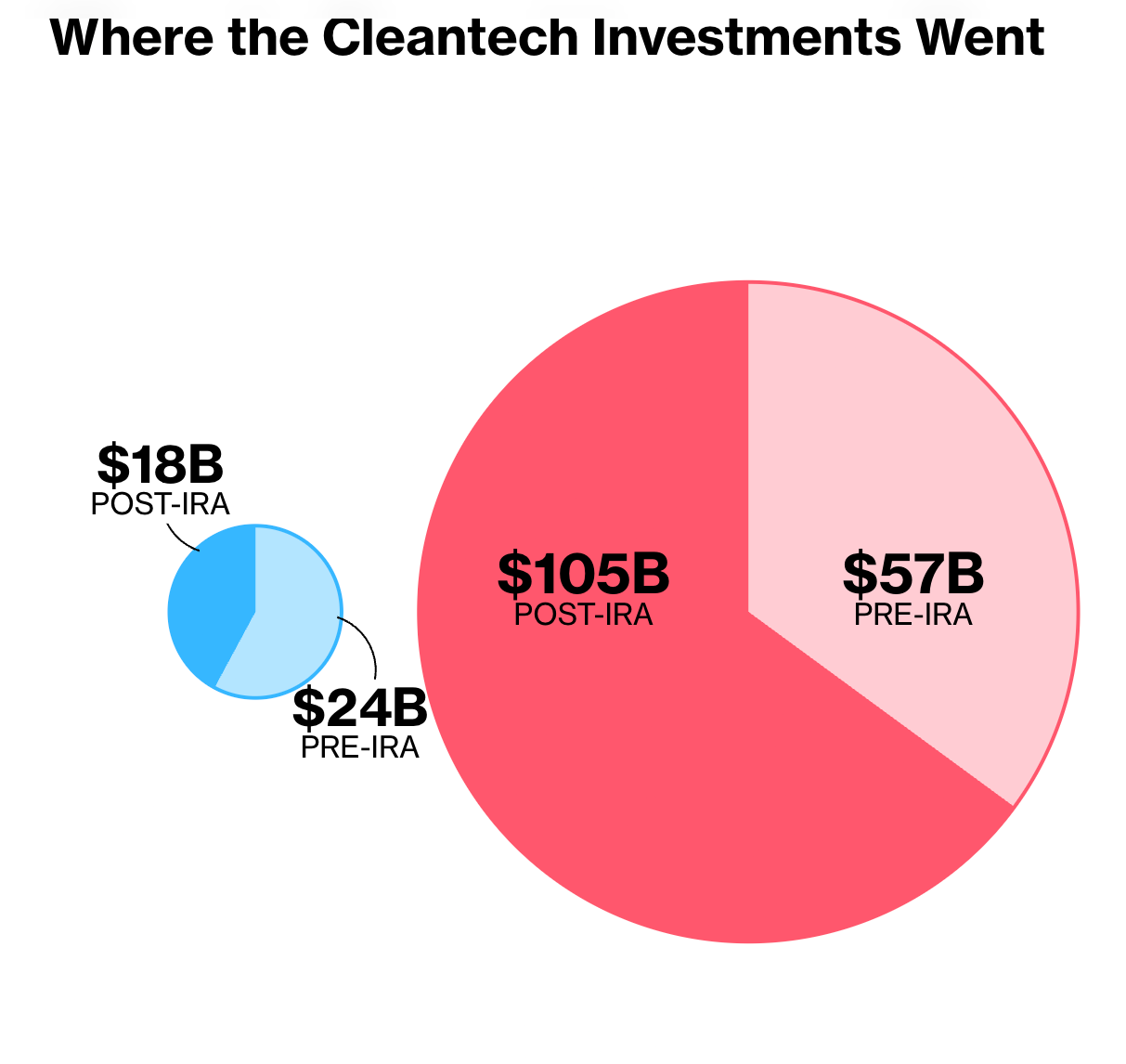What's at Stake for the Energy Storage and Renewable Energy Boom In the House Budget Bill
House bill threatens 130,000+ jobs and $1 trillion in economic losses, potentially ceding clean energy leadership to China
Bottom Line Up Front: The House has passed sweeping budget legislation that would effectively end America's renewable energy and energy storage boom by drastically cutting tax credits years ahead of schedule. While this still needs Senate approval, the proposed changes would devastate clean energy investments, eliminate hundreds of thousands of jobs, and significantly increase household energy costs.
The Current Situation
The U.S. House passed President Trump's massive budget reconciliation bill (dubbed "One Big Beautiful Bill") on May 22, 2025, which targets billions in clean energy incentives from the Inflation Reduction Act (IRA). Unlike earlier proposals that would have phased out tax credits gradually through 2031, the final House bill accelerated these cuts by three years, making most credits unusable after 2028.
The IRA has driven more than $200 billion in economic activity across the United States. The IRA has created more than 154,000 permanent private-sector American jobs. Remarkably, the majority (~80%) of investments is going into red districts. How much of this is now at risk?

The renewable energy and energy storage sectors, which have seen unprecedented growth since the IRA's passage, now face an abrupt cliff. Solar and battery storage accounted for 81% of planned U.S. power grid additions in 2025, but this momentum could halt if the Senate approves similar measures.
Key Changes That Impact Energy Storage and Renewables
Immediate Tax Credit Cuts
Technology-Neutral Credits Slashed: Clean electricity production (Section 45Y) and investment tax credits (Section 48E) would be eliminated for projects that don't begin construction within 60 days of the bill's enactment and aren't operational by end of 2028. This timeline is particularly challenging for large-scale solar and storage projects that typically require 12-24 months for development and construction.
Residential Solar Disruption: The bill prohibits leasing arrangements for residential and community solar projects, effectively eliminating third-party financing models that have made solar accessible to millions of homeowners. SunRun, the nation's largest residential solar company, saw shares plummet nearly 41% following the House vote.
Energy Storage Under Threat
Investment Tax Credit Elimination: Energy storage projects relying on Section 48E ITCs face the same 60-day construction deadline and 2028 operational cutoff. This jeopardizes $161 billion in large-scale solar and storage investments made since the IRA's enactment.
Supply Chain Restrictions: Enhanced "Foreign Entity of Concern" (FEOC) rules would deny credits to projects involving Chinese companies or materials, effectively eliminating most projects' ability to claim credits given China's dominance in battery supply chains.

Manufacturing Incentives Terminated
The Advanced Manufacturing Production Credit (Section 45X) would be terminated for facilities starting construction after December 31, 2025, undermining domestic manufacturing incentives for solar panels, batteries, and other critical components just as this industry was gaining momentum.
Economic Consequences
Job Losses Across Multiple Sectors
The economic impact extends far beyond clean energy companies:
Up to 130,000 direct jobs in EV and battery manufacturing could be lost by 2030, with an additional 310,000 indirect jobs at risk
Michigan alone could lose nearly 16,000 jobs, while Texas and Tennessee could each face losses of nearly 13,000 jobs
A survey of over 900 clean energy businesses found that 53% would lose revenue, 21% would lay off workers, and 11% would close entirely if the IRA is repealed
Rising Energy Costs for Families
Princeton University's REPEAT Project analysis found that the average annual household electricity bill would increase by more than $270 after 10 years if these measures pass. The measure would drain more than $1 trillion from the U.S. economy in less than a decade when factoring in private investment and spin-off spending.
Market Disruption and Uncertainty
Clean energy company shares have tanked following the House vote, with project developers saying the rollback would shutter factories and increase electricity costs. Some companies are already pausing investments due to policy uncertainty. "One of our major investors is seeing this bill as creating too much risk to invest right now," said Kay Aikin, founder of Dynamic Grid, a Maine company that supplies commercial customers with energy storage systems. "That could effectively put us out of business."
What Remains and What's Next
Limited Protections
Not all clean energy incentives face immediate elimination:
Carbon capture credits (45Q) largely remain intact, with some limits on foreign ownership
Nuclear projects received some protection, with construction deadlines extended to 2029 following industry lobbying
Sustainable aviation fuel tax credits were extended
Senate Battleground
The bill now moves to the Senate, where some Republican senators from states benefiting from clean energy investments are expressing concerns about the rapid phase-out timeline. Senator Thom Tillis (R-NC) suggested he would push for a slower phaseout, noting that immediate cuts would "have a chilling effect" on future investments.
Industry and Political Response
Over two dozen House Republicans who had urged committee leadership to preserve key IRA provisions still voted for the bill, despite their districts receiving billions in clean energy investments. As of August 2024, more than half of all IRA-backed projects were located in Republican House districts.
Clean energy advocates called the approach "a meat cleaver, not a scalpel," warning it would hurt communities across the country rather than carefully reforming incentives.
What You Can Do
Time is critical. If you're concerned about these changes:
Contact your Senators immediately - The Senate has not yet voted, and several Republican senators have expressed concerns
Share the economic impact - Emphasize local job losses and energy cost increases in your communications
Highlight bipartisan benefits - Most clean energy investments have flowed to red states and Republican districts
The next few weeks will be crucial in determining whether America continues its clean energy leadership or cedes this growing market to international competitors while increasing costs for American families.
For more detailed analysis and regular updates on energy policy developments, follow our ongoing coverage.





